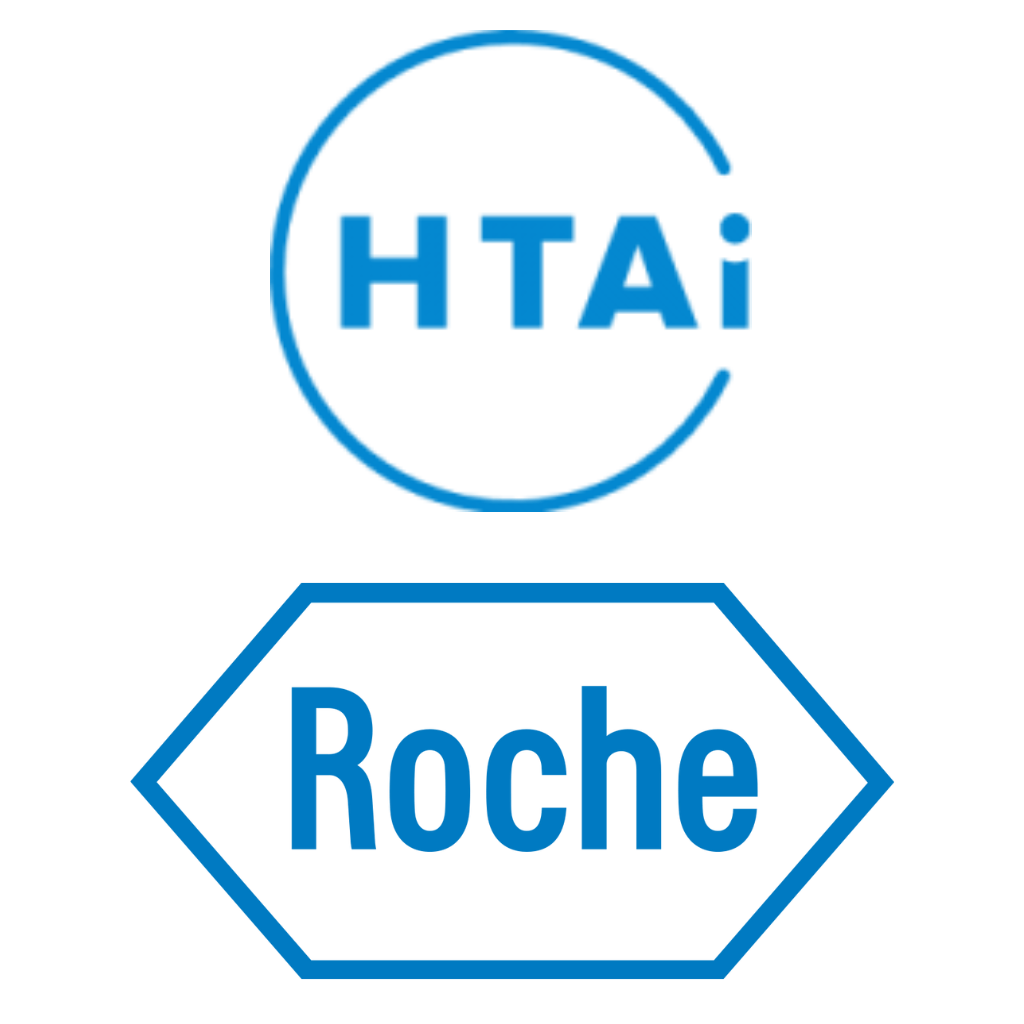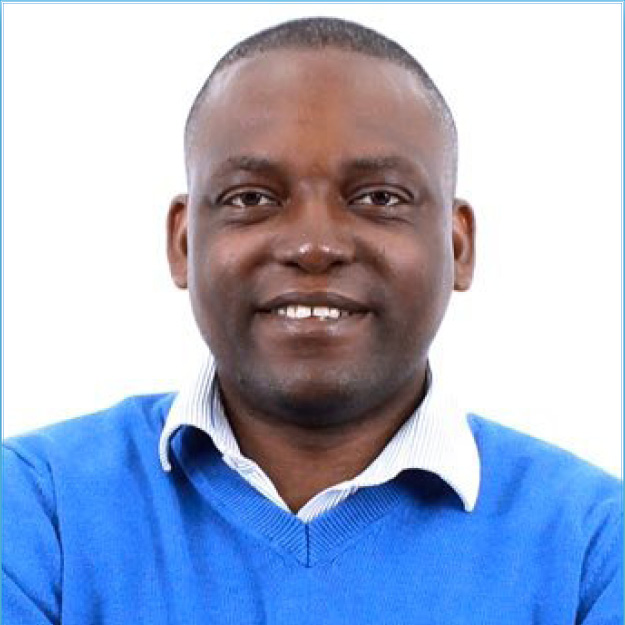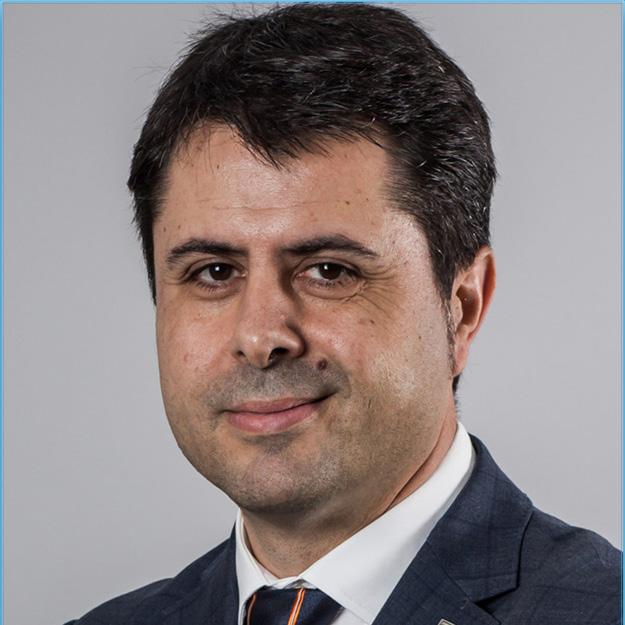Health Data Transaction
Open discussion with Roche and BIOEF

Health Data Transaction
Open discussion with Roche & European Health Authorities
Health Data transaction in Europe: What is the model?
With Seye ABOGUNRIN, Global HIA Evidence Lead at Roche, and Iñaki GUTIERREZ IBARLUZEA, Director of Innovation at European Health Authorities
July 17th, 2023
Health data could bring high value in various AI models related primarily to healthcare, but not only. It could also be quite interesting in several other verticals to address any data driven innovation through a more holistic approach. Therefore if you can make it with Health Data, you can make it with any data…
Is the US model applicable in Europe ?
Open discussion
Question to Iñaki Gutierrez Ibarluzea (IGI) – What are your thoughts on the question of Health data transactions in Europe. Is it possible to develop a data trading business model in Europe?
IGI – Europe has its current laws, which are complex and own characteristics, compared to the USA. When we talk about data we talk about different kinds of expectations from the stakeholders. Patients and Citizens are looking for results on their side. Professionals are looking for results and comparisons among the patients they have. Systems are looking for quality and efficiency and finally companies trying to diminish the uncertainty on the results they have on real patients. There are examples of businesses established in the US or other countries for which transfer to Europe has been tried, but it was somehow unsuccessful. These businesses are SAVANA, IBM Watson and Google Health.
Question to Seye Abogunrin (SA) – GOOGLE/SAVANA is one example mentioned by IGI, do you want to comment on these examples?
SA – How the data regulation is implemented in the US is different from how it is implemented in Europe. Everyone should be concerned about how healthcare data is handled, what is it used for, who holds it, who should be responsible for holding the data. These are the reasons why many healthcare data companies are trying to make sure the data is as secure as possible. There is probably less security measures applied to paper data for which we cannot guarantee it is secure. Therefore, digitisation allows securing the data as well as it makes it even easier to collect it.
Question to IGI – What are the fundamentals in Europe? Who owns the data? What are the foundations of the regulation? What could be considered medical data?
IGI – According to the law, the data owner is the patient or the citizen. In reality, it’s not clear to all the stakeholders. There are different types of levels for which we can put the focus. On one side, there is the owner: the patient. Then there is the person responsible for the data: the health providers. There is also the location of the data: in most cases in data centres that accumulate the data. Finally, there are the people manipulating the data and how it is used. It is important to understand the purpose of each stakeholder regarding the data and how it is manipulated… For example, researchers want to have access to the data to reach the results they want to achieve, but they don’t mind about the identity of the patients, we talk about anonymization.
Question to SA – For Roche, what are the consequences of the specificity of the European regulations. Is it only an additional burden?
SA – It does not change how Roche works. GDPR is for the patients. Roche always had mechanisms in place to prevent patient data mishandling. They do not know from which patient data is coming from when they handle results from clinical trials. There are opportunities regarding how data is prepared and manipulated. Indeed, there are a lot of opportunities in Europe to ensure data is immutable and that no one can alter it based on new technologies such as Artificial Intelligence (AI) and Blockchain.
Question for both – GDPR did not stop medical trials, and the process to store and share the data is known. But what are the missing links which are yet to be created? When is it critical and where do we need solutions?
IGI – There is a need for cumulative data management and there is a need for a public-private alliance to reach the objectives. It is mainly about sharing results and accumulated results, more than crude data for which professionals are reluctant for sharing. There are initiatives in Europe to recognize that one single healthcare provider is unable to reach solutions only using the data it has. There is also the question of genetic data that can affect relatives for which some blockchain solutions could be useful. Finally, there is data that does not concern healthcare like environmental and social data and that can influence how people live.
SA – One of the main challenges as a pharma company is access to real-world data. Clinical trials are the Gold Standard, there are protocols in place and the patients involved in the clinical trials may not necessarily reflect on what is happening in the real world. There are opportunities for solutions that will help to generate real world data and make them available in a timely manner. We talk about technologies like blockchain and AI or even basic digitization technologies…
Question to Seye: When do you need these real-world data? Is it before the clinical trials or is it after the clinical trials once the treatments or drugs are marketed?
SA – The reasons why we need this data is twofold. Before the clinical trial, if we consider oncology for example, it is good to understand the survival rate in the real-world practice. Post clinical trial, real-world data is also important to know what happens to the patients, if they take this new drug or new technology etc… Digitization should go further because if data is created and curated digitally, it can be exploited promptly when it’s needed. Sometimes it can take 6 months to 1 year to even set up a project because you need to follow the processes, and it’s probably already late for the patient and for whatever you are trying to justify. It’s out of date… Using technologies to make such data available in a timely manner is an opportunity in Europe.
Question for both – Where is the value in this whole process? Who will capture this value for enabling the data transaction?
IGI – I think it is any kind of solution that allows anonymization. I don’t think companies are aiming to access crude data, but rather results. They are more interested in results for which interoperability and trust among different operators are made possible. It also requires sensitivity analysis to ensure that the data that is exchanged is the right data. There are also needs for structuring the data and harmonizing different formats of data (word document, paper, pdf etc). Finally, labelling is crucial for people using the data like researcher that need to know the characteristics of each patient without necessarily knowing their identity.
SA – Blockchain comes with its challenge, for example, the amount of energy that is used. There is a real challenge about shortening the process for pharma companies to access the data, for the data to come on time for the patients. We already mentioned the contracting before. Data should be anonymised and as structured as possible to guarantee its exploitation. About interoperability, let’s take the example of the EU covid certificates. The EU suggests that everyone European citizen has its COVID certificate, and for various reasons, everybody has come up with its own solution. But as time goes on, things are aligning more neatly, and it doesn’t matter where you are coming from, these certificates are recognized wherever you travel in Europe. Such a solution is something that could be leverage when it comes to the patient data. And the availability of the data in Europe is important. When a patient sees a doctor in Italy and lives in another country, the doctor should have access to the medical records.
Question for both – For this question, the European Commission is preparing the Data Governance act which should be in place within the next 18 months to 2 years. It deals with data transaction in Europe. What will it change?
IGI – I don’t think it will dramatically change what we are currently doing. It will give us a better knowledge of what is expected from the data protection officers especially at the national level. There has been a huge stop with the previous legislation, because the data protection officers had difficulties to identify the boundaries of the fair use of the data. The licit reason for data usage is the improvement of the quality of care for the patients. Some projects have been stopped by ethical committees because they were not recognizing that licit and fair use of the data. The FAIR principle is important, the data should be Findable Available Interoperable and Reusable. For those working in research, they don’t need crude data and anonymisation should be sufficient.
SA – Having a Health data hub is important for the work we do. The fragmentation of how the patient record is collected or what the doctor knows about the patient. It will impact the treatment. A more personalised medicine requires as much data as possible. What it does for Roche, because the relative lack of real-world data, what we have to do is to use data coming from the United States. Which is far from ideal. There will be a lot of benefits to have cumulative data for the patients. The cleaner and the quicker is the better. For anyone in research a hub will be paramount for what we will do in the future.
Question for Iñaki– Do you think that it is possible to build a European data hub:
IGI – Anything that goes in this direction is important and will generate some opportunities for value creation. The Digital Data hub is not only about the infrastructure and cumulating the data. This is about having the people asking the right questions and the one who will interpret the questions and finally the technology to manage the data for everything we have discussed before. Companies need to have certainties, and the trust is crucial.
Question for Seye: Seye do you want to add something, are you already using the national data hubs from some initiatives ?
SA – We are not working with these hubs directly so far. There is big value in making sure that it’s FAIR across Europe. If I reflect on the work that I do, my role is to give support to as many Roche entities as possible, it’s not limited to one specific country. Having a solution that enables the access to different countries at once for research will be game changing.
Seye Abogunrin
Global HTA Evidence Lead Roche


Dr Seye Abogunrin, MB BS, MPH, MSc, is a Global Health Technology Assessment Evidence Lead at F. Hoffmann-La Roche, Switzerland. Dr Abogunrin has twenty years of combined research, clinical, public health and consulting experience, including more than ten years of conducting health economics and outcomes research. Before joining Roche, he worked with pharmaceutical, biotechnology, and medical device companies in a consulting capacity. His work has been presented at key scientific conferences of societies such as the American Society of Clinical Oncology, European Society for Medical Oncology, International Society for Pharmacoeconomics and Outcomes Research, joint European Neonatal Societies, and International Parkinson and Movement Disorder Society. Previously, Dr Abogunrin also worked as a hospital doctor, project coordinator and in various managerial roles in Nigeria for private- and third-sector organisations. He is a disruptive technology in healthcare advocate and strategist.
Dr Abogunrin holds an MSc in health policy, planning, and financing from the London School of Hygiene and Tropical Medicine and the London School of Economics and Political Science. He also has a master’s degree in public health (MPH) and a medical degree (MB BS) from the University of Lagos.
Iñaki Gutierrez Ibarluzea
Director of Innovation, BIOEF


BSc and MSc in Sciences from the University of the Basque Country UPV-EHU, Doctor in Sciences (NeuroScience) from the same university, Masters in Epidemiology from the University of Granada and the Andalusian School of Public Health and Masters in Bioethics from the University Ramon Llul and the Institute Borja of Bioethics. He is the current Director of Innovation of the Basque Foundation for Health Innovation and Research (BIOEF) https://www.bioef.org and the coordinator of Osteba, Basque Office for Health Technology Assessment. Past-President of HTAi (The International society for Health Technology Assessment) 2019-2021.
President of iHTS (Internation Health Tech Scan) since 2020. He is finally, member of the Technical Advisory Group that assesses WHO around HTA and Universal Health Coverage. Author of more than 70 peer-reviewed articles, 50 monographies and 4 Clinical Practice Guidelines, 5 books and 4 book chapters. He is Associated editor of Frontiers in Pharmacology and Health Outcomes Research and HiNT journals and member of the editorial board of EUPHA and IJTAHC journals.
